A study by Johns Hopkins Medicine researchers has come to discover interesting findings about the connection between the sense of smell and a looming threat of physical health deterioration.
The study seems to confirm that the nose “knows” and can predict impending frailty and even death.
Nose Study

A study published in the Journals of Gerontology titled “The Association of Peripheral and Central Olfaction With Frailty in Older Adults” was responsible for the latest findings.
This study attempted to explore an increasingly recognized connection of the impairment of the sense of smell as a “biomarker of frailty.”
Methodology
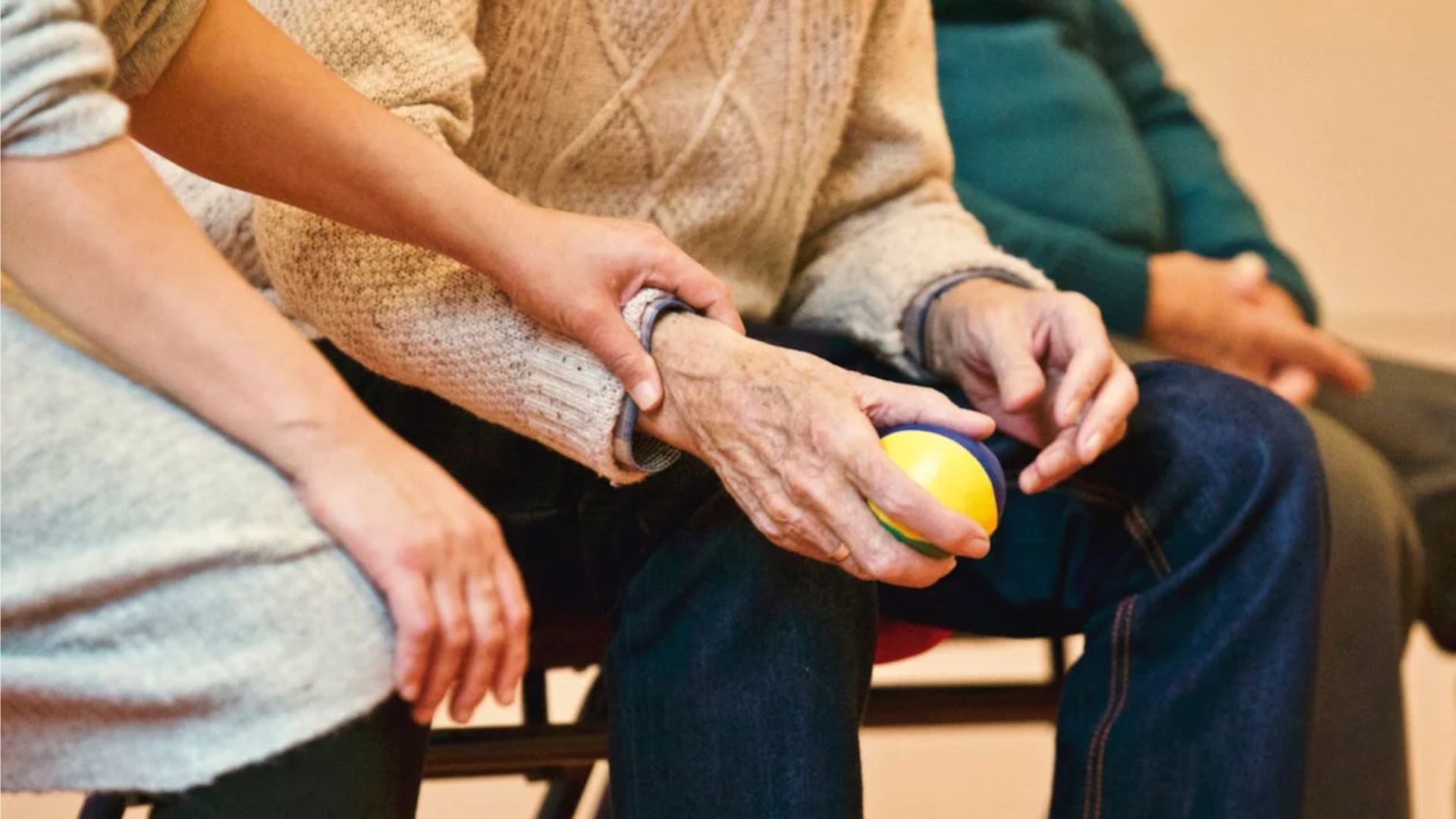
The study examined 1,160 older adults and measured their smell sensitivity and their ability to identify and name different odors.
They then compared these results and tracked them on a 37-item frailty index and a 5-item physical frailty phenotype model.
Assessment of Frailty
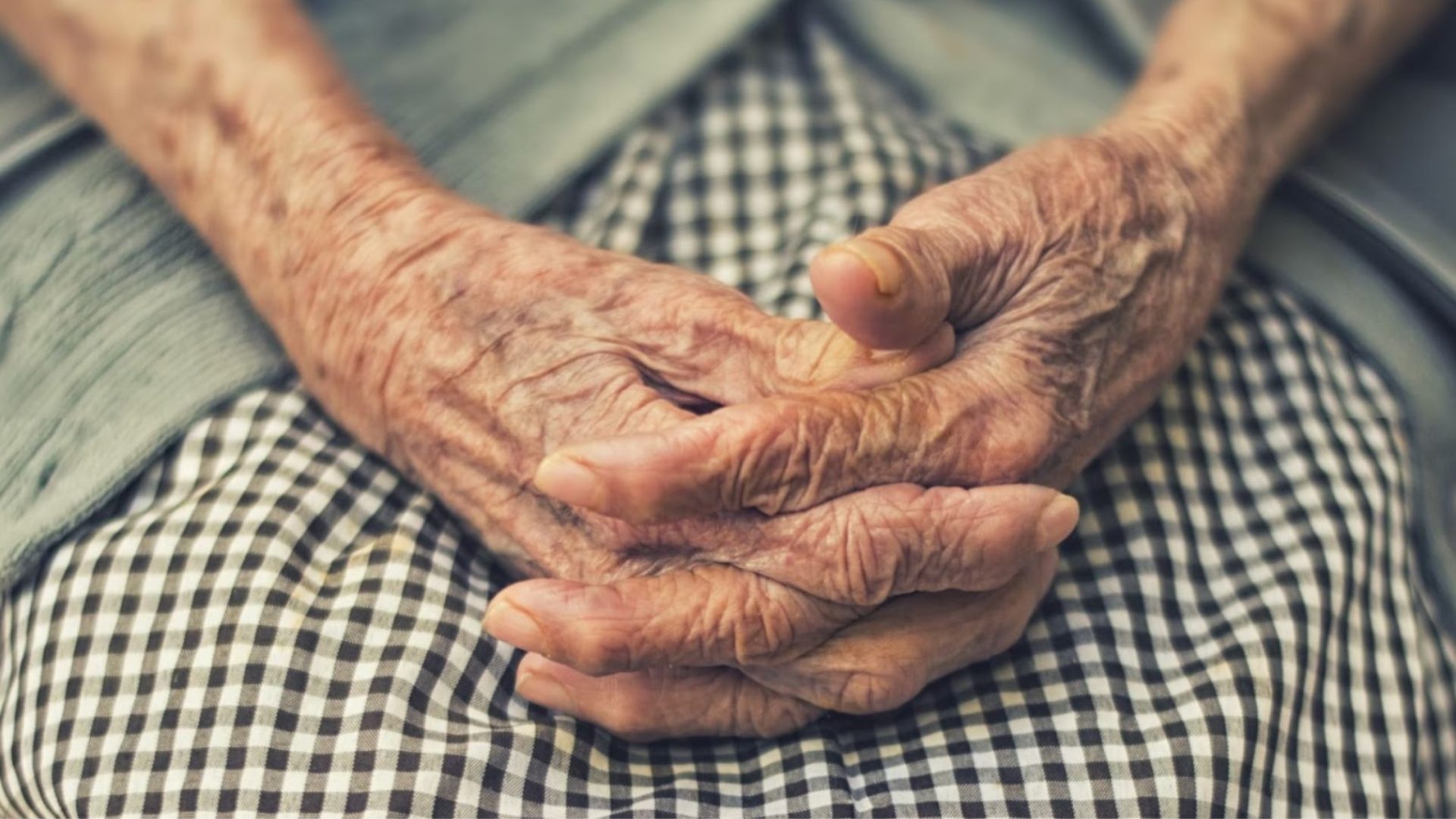
The system used by the study assessed the physical frailty of an individual by issuing a score that accounts for five factors including: weight loss, exhaustion, weakness, slow walking speed, and low or no physical activity.
Scores vary on a scale of 0-5, with any score greater than or equal to 3 being considered frail. A score of 1 or 2 is considered “prefrail” and a score of zero is considered robust or non-frail.
Testing Frailness

When testing someone’s frailness, the physical frailty phenotype model calls for timing someone’s walking speed over a 13-foot walking course.
Other measurements include being weighed on a scale and testing grip strength on a dynamometer.
Importance of Smell

Study author Nicholas Rowan expressed the importance of our sense of smell, and how we should be keeping track of it as we age like any other sense.
“We use our sense of smell to identify the threat of a fire or to enjoy the fragrance of flowers on a spring day. But just like vision and hearing, this sense weakens as we age,” said Nicholas Rowan, M.D., associate professor of otolaryngology–head and neck surgery and corresponding author of the study.
Study Findings

Rowan summarized some of the results of the study, which conformed with older literature evidence that suggests smell can be an indicator of impending mortality.
“We found that both impaired olfactory identification and sensitivity functions are associated with frailty, which is interesting because it shows that it’s not just your aging brain at work here, but it may also be something peripheral, like something at the level of your nose that is able to predict our impending frailty and death,” said Rowan.
Correlation Between Smell and Frailty

The research team concluded that for every one point of increase noting a failing nose on the smell identification and sensitivity test, there was a “significant and meaningful” reduction in the status of frailty.
Conversely, this also means that as one’s sense of smell improves, this connection would predict an overall improvement in one’s physical frailty condition.
Apparent Connection

The study concluded by calling for additional research to be done to examine this connection but was confident in the current evidence to assert that smell is an important thing to look out for in healthy aging.
“While longitudinal, prospective studies using more detailed olfactory assessments are needed to establish the directionality between OD and frailty, the importance of this sensory function in healthy aging is increasingly apparent,” the study said.
Implications of Findings

This study adds to a growing body of evidence that could have medical professionals taking notice. If the link between smell and impending death is clearly established it could lead to advancements in medical screenings.
Given further confirmation of the link, medical professionals could use the information to screen older adults for smell as part of a checkup on health like they do for hearing and vision.
Common Symptoms

Rowan outlines several symptoms and health risks that are associated with a loss of smell that people should watch out for.
These include things like loss of appetite, depression, and difficulty maintaining personal hygiene. The symptoms in older adults may manifest as extreme weight loss, malnutrition, or injuries because of an inability to detect toxic fumes or the smell of fire.
Increasingly Relevant

This look into the link between loss of smell and mortality in older adults is becoming more relevant as many populations around the world are predicted to rapidly age.
Estimates suggest that the population of older adults in the United States will nearly quadruple over the next 30 years, which may require a rethinking of how medical systems handle screenings and care procedures.
Other Nose Abilities
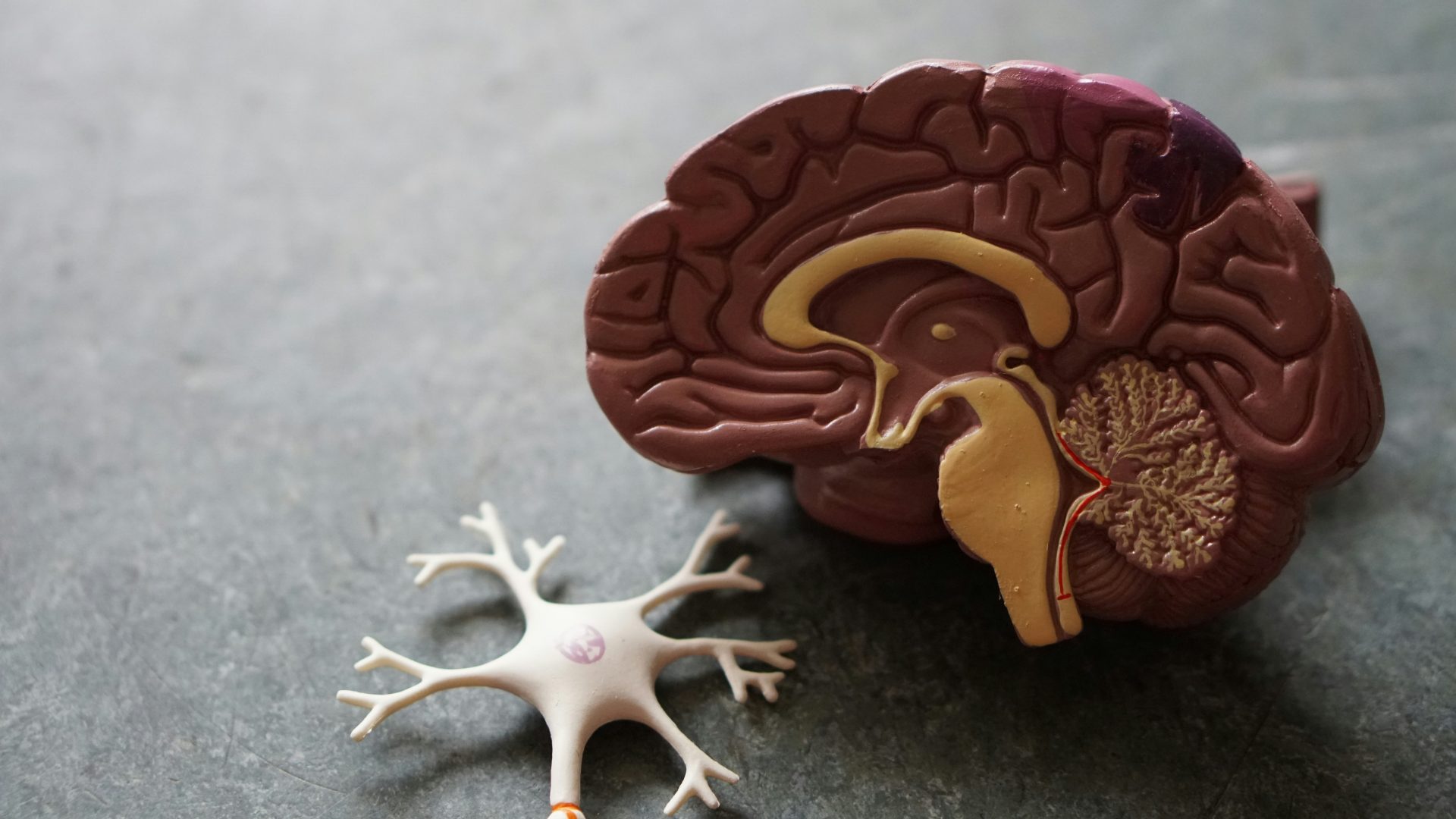
In addition to recent research suggesting that our sense of smell can be used to predict frailty and death, scientists have been looking into other important roles our noses play.
A study published earlier this year found that the nose may play a critical role in the development of “time cells” in mice which govern learning, memory, and emotion.
What are Time Cells?

Time cells are another name for a group of neurons located in the hippocampus and entorhinal cortex areas of the brain that are primarily responsible for organizing memories based on time.
The cells fire off at certain moments, offering a time “encoding” that makes them essential for retrieving episodic memories later.
Nose and Time Cells

Researchers at the University of Colorado Anschutz Medical Campus were interested in the connection between the sense of smell and the encoding of these time cells.
Using mice, researchers created an experiment that tested the animal’s ability to use their sense of smell in a learning process.
Odor Assocation

In the experiment, the mice either reacted to a fruit smell or a mineral smell and were rewarded with sugary water to lick if they chose the fruity one.
“They have to associate the odor with the outcome of what they are doing so that’s why they learn decision-making,” said first author Ming Ma, senior instructor in cell and developmental biology in the School of Medicine. “When it’s a fruit odor, they lick and get a reward. When it’s mineral oil, they stop licking.”
Experiment Results
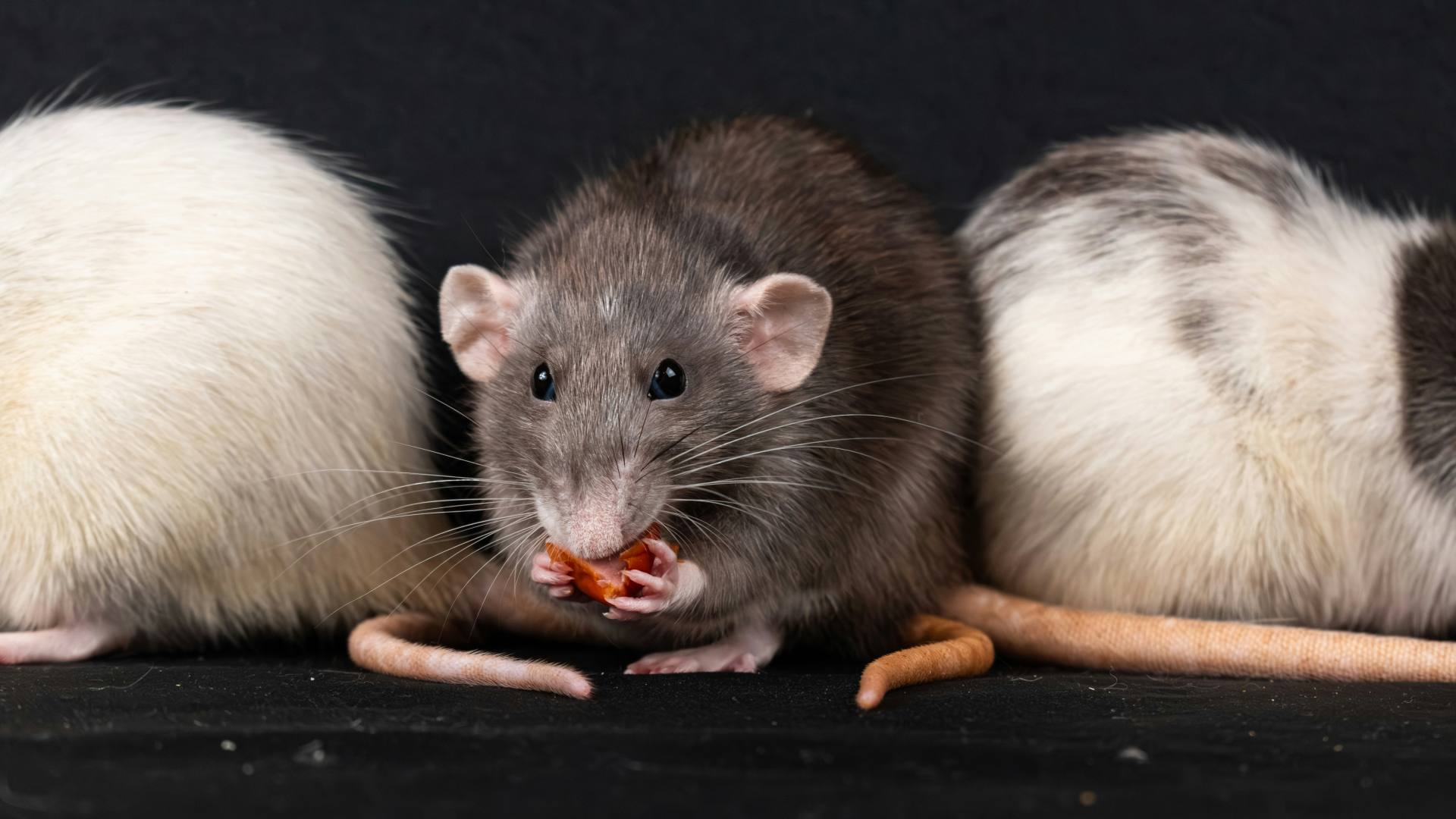
While behavioral experiments like this have been done before, what made this one stand out is the speed at which the mice used their noses to quickly adopt learned behavior, which researchers attributed to how time cells were working.
“The more they learned, the more the cells were stimulated, leading to more rapid decoding of the odors and allowing the mice to quickly become proficient at choosing the fruity smell,” said co-first author Fabio Simoes de Souza, assistant research professor in the School of Medicine.
Stronger Than We Think

Researchers have also found that the human nose is stronger than many people give it credit for. While human beings don’t put their nose to the ground like dogs do, we still have considerable smell faculties compared to other mammals.
For example, a 2017, found that humans were able to better detect the smell of mammal blood than mice could.
Humans Have Alot of Strengths

Neuroscientist John McGann thinks there are many reasons to believe human scent detection is more than people might expect.
“It’s tempting to say humans are way more sensitive than mice at smelling human blood, and that sounds like a good ecological story,” McGann said. “But then you look at a whole range of other odors and realize that actually it just seems like there’s quite a lot of odors that humans are better at detecting than mice, dogs or rats, and other odors that we’re less good at detecting.”
Myth of Poor Smell
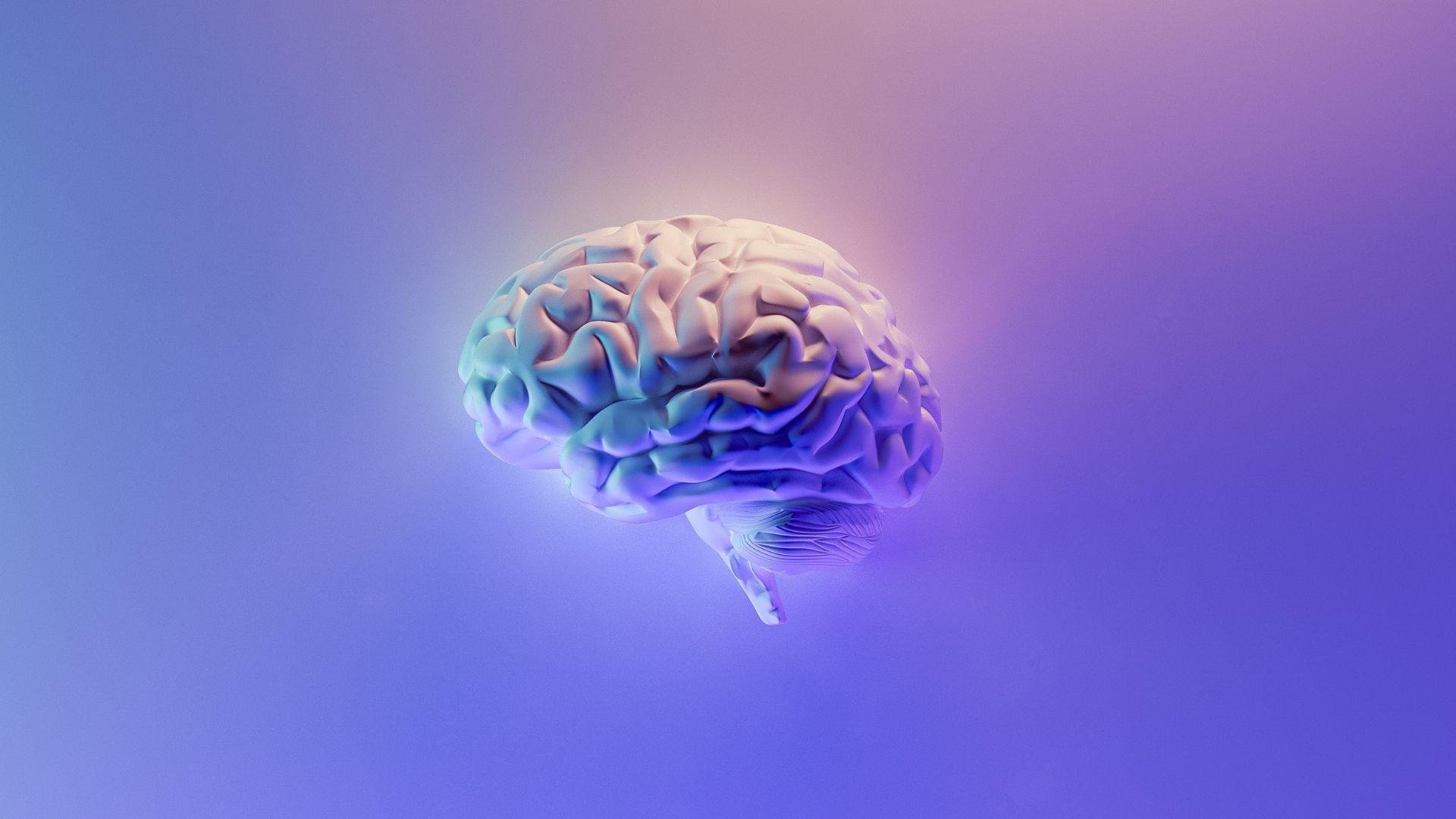
Other research has been done to examine a “myth” that humans have a poor sense of smell, with researchers putting forth scientific studies in an attempt to counter this narrative.
The myth of poor human smell is thought to have been made popular by a nineteenth-century understanding of human evolution that asserted the brain had to reduce its capacity to process smell data to “make room” for the development of free will.
Hard to Create a Standard for Comparison

Scientists have had difficulty coming up with a standard scent metric that can make a direct comparison between different species because of how specialized scent can be among different animals.
“Different species specialize in smelling different things, and it’s therefore very hard to compare [them] meaningfully,” said geneticist Gustavo Glusman.
One Trillion Odors

Another reason researchers have discovered to counter the notion that the human nose is deficient is the discovery of just how many odors it can detect.
Researchers in 2014 found that humans can detect over one trillion odors, previously believed to only be as high as 10,000. Compare this to our sense of sight, which can only see 10 million colors, and often gets more credit for humans.
Quantum Smell

Another interesting area of research scientists are looking into is the idea of quantum biology. Some researchers theorize that smell operates by detecting small vibrations on the quantum level.
This controversial theory asserts that instead of smelling based on the shapes of molecules, human noses detect smell through these molecule vibrations.
More Research to Be Done

It appears like scientists have only scratched the surface of the capabilities of the nose, a sense that many often take for granted. There is still a lot researchers don’t understand about its mechanics.
“In part, it’s the difficulty of setting up experiments to probe what’s going on inside the olfactory receptors of the nose,” said Andrew Horsfield, a materials scientist at Imperial College London on the question of why smell is such a difficult sense to understand.
